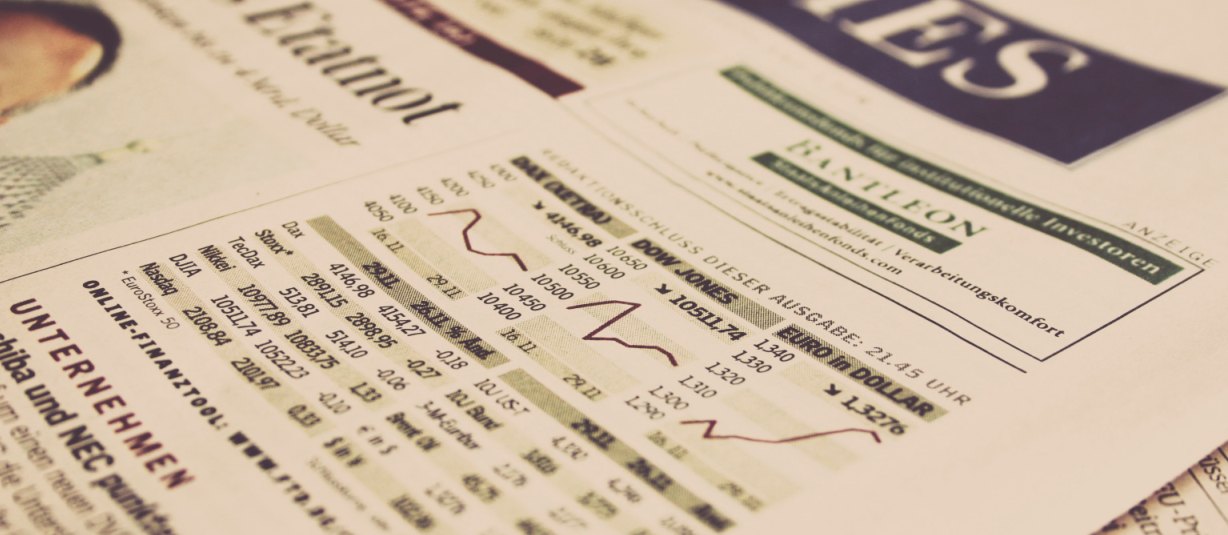“So how much money do you make?”
That’s a really common question that we are asked by someone or the other, be it our friends, our parents or even the parents of our spouse.
One thing that people often miss out asking is – “How much do you spend?”
Or to be more precise – “Do you over-spend?”
Most of us walk around with a big-ass ego looking at that one friend with big pocket thinking that he really spends a lot and wondering that we are never going to be that careless if we have such amount of cash.
However, it is our ego that doesn’t let us admit the same for us. At the end of the day, we all over-spend.
Dilemma of Over-spending
Tammy Lally, a money coach in her latest TEDx session, calls it Money Shame:
“That Feeling. The one you get when you swipe your credit card, or take a test drive of a new car. The one that overcomes me personally when I walk into Target to buy 2 things and come out with 18. It’s an exhilaration that turns into realization that turns into questioning and regret, which just leads to trying to find more of that feeling to make ourselves feel better.”
“Having a coffee at Starbucks, hitting out expensive clothes/watches/jwellery, or even being the person with big pockets to rush forward their card at the time of checkout at a friendly dinner..” – sounds like you?
Then my question to you is – “how happy you are at the end of that week?”
We all have “Money Shame”
We all are experiencing this money shame internally. Everyone just don’t wanna say it out loud as it would mean to accept that we are financially week. Or would it?
Try to extrapolate the relation in shame and your actions. The expensive sedan, or the $300+ smartphone or even the luxurious pool side dinner you had yesterday on credit, did you really do that all for yourself?
Human mind is really a primitive mind, it only does things or relates to things if it can associate them with some considerable larger picture. We don’t realise this but in the back of our mind we start associating larger bills with higher stature in society.
We tend to crave for an approval from the relatives and friends and even social media these days. As we relate approval to respect and respect to expensive watches or suits.
No don’t take it as a criticism
I am not criticizing anyone for making these choices as at the end its your taste if you wanna use a Mac or Asus. But understanding where our money goes is necessary for a sweeter life.
Referring Tammy Lally:
Here are a few examples that you or someone you love may be suffering with money shame:”
• Drives a Mercedes when they can only afford a Honda
• Plays the big shot, always picks up the check or financially rescues family and friends (This was me)
• Financial secure but can’t enjoy their money or spend it
• Under the pressure of not measure up and living paycheck to paycheck
A report suggests – “Over 60% of worldwide suicides can be linked to money shame today.”
So it is a serious issue to be addressed. And what would be a better way to address it than introspection.
An Exercise to try:
Try out these steps:
Review your last 3 months bank statement:
What do you see? multiple small cash withdrawals and numerous card purchases for meals you might not even remember?
Think of yourself as a growing one person startup:
You need to do cost cutting as your investor provided limited monthly funds and you need to show a sustainable growth to your family.
Set a budget and Start using cash more often:
Now I don’t mean that you start withdrawing cash for all your expenses in the previous statement. What I mean is allocate a said amount of cash to yourself and try surviving your month within that cash.
Say no to pleasure shopping, luxury dining and expensive coffee shops:
You don’t need to shop every month unless it is for your kitchen. For clothes and accessories stick to a biannual cycle where you need to identify and buy the most required items only. For dining out and coffee shops, try home-cooked meals as it is cheaper and more hygienic. There is a low cost substitute for everything, but try to limit the substitute’s usage to minimum.
Keep your ego aside:
This one is the most difficult part. The above pointers will highly contradict to your inner social extrovert animal. You may even deny many points saying that it ain’t applicable to me. Well find the relative applicable point for you then and work on it. But what matters is that we need to understand that we are not required to be judge on these factors.
Will it work?
At the end it is similar to workout. You mind and body needs to get used to this behavior. And for a person who ran for candies on getting pocket money as a child, this is a really difficult habit to be changed. So you’ll need to hang in there.
Money and Materialistic items are just what we earn or buy. But the true value of our lives lie in how we live it and with whom we live it and how we spend it. It is certainly not based on a thing you bought in a street side showroom.
 UtkarshSpeaks. – Blogs by Utkarsh Kaushik A learning shed for like minded readers.
UtkarshSpeaks. – Blogs by Utkarsh Kaushik A learning shed for like minded readers.









Well-thought article, Money Shame has increased with the popularity of the Social Media. People get jealous of their friends and start spending on things that they later regret.
While I don’t completely agree with some of the examples, overall it looks acceptable in a society driven by a socio-economic motivations.